DEX Gas Fee Calculator
Estimate Your Transaction Costs
See how much your DEX transaction will cost across different networks
How This Works
Gas fees are calculated based on current network congestion, transaction complexity, and the gas price you set. These fees vary significantly between networks.
Key Factors Affecting Fees
- Network congestion (more users = higher fees)
- Transaction complexity (swap vs. add liquidity)
- Gas price you select (higher = faster confirmation)
- Current Ethereum gas price
Trading crypto without handing over your keys used to sound like science fiction. Now, it’s just Tuesday morning for thousands of users on DEX platforms. If you’ve ever wondered how to swap Ethereum for Solana without signing up for an account, verifying your ID, or trusting a company with your life savings-this is what DEXs do. And by 2025, they’re not just for crypto nerds anymore. They’re a real alternative to Coinbase, Binance, and Kraken-but only if you know what you’re doing.
What Exactly Is a DEX?
A DEX, or decentralized exchange, is a platform where you trade crypto directly with other people. No middleman. No login. No one holding your coins. Your wallet connects to the DEX, you pick a token pair, and the trade happens through smart contracts. That’s it. You never send your crypto to the exchange. It stays in your control the whole time. This isn’t just a technical detail-it’s a power shift. On centralized exchanges (CEXs), you’re essentially renting your crypto to a company. They hold your keys. If they get hacked, get shut down by regulators, or just vanish, your money is gone. On a DEX, you’re the bank. You control the keys. You’re responsible for everything. The most popular DEXs today run on Ethereum, BNB Chain, and Solana. Uniswap, PancakeSwap, and Curve Finance handle most of the volume. In Q2 2025, DEXs processed over $1.4 trillion in trades across all blockchains. That’s up from $1.27 trillion in 2022, even as the broader crypto market stayed flat. People are choosing DEXs for one reason: access. New tokens launch on DEXs first. If you want to get in early on a meme coin or a DeFi project, you’re going to a DEX.How Do DEXs Actually Work?
There are three main ways DEXs operate-and knowing the difference matters for your trades. Automated Market Makers (AMMs) are the most common. Think of them like a vending machine for crypto. Instead of matching buyers and sellers, they use pools of tokens. For example, a USDC/ETH pool holds $10 million in USDC and $5 million in ETH. The price of ETH is determined by the ratio: if you buy ETH, you add USDC to the pool and take ETH out. The more ETH you buy, the more the price goes up. This is called the constant product formula. Platforms like Uniswap v3 and PancakeSwap use this model. Order book DEXs work like traditional stock exchanges. Buyers and sellers place limit orders. When someone’s buy order matches a sell order, the trade executes. dYdX is the biggest example. These are better for large trades and precise pricing, but they’re less common because they need more liquidity. DEX aggregators like 1inch and Matcha search across multiple DEXs to find you the best price. If Uniswap has a bad rate for your trade but SushiSwap has a better one, the aggregator will split your order. This saves money and reduces slippage. Most experienced traders use an aggregator as their front-end.Why People Love DEXs
There are three big reasons DEXs are growing. First: no KYC. You don’t need to submit a photo of your passport. You don’t need to prove your address. If you live in a country where crypto is restricted, or if you just don’t want the government tracking your trades, DEXs are the only option. Second: access to everything. On centralized exchanges, only a few hundred tokens are listed. On DEXs, any developer can create a token and list it. That means you can trade new projects the day they launch-even if they’re not on Binance yet. In 2024, over 12,000 new tokens were added to DEXs. Most of them disappeared within a week. But the ones that didn’t? Some made 100x returns. Third: no trading limits. CEXs often cap daily withdrawals or restrict large trades. DEXs don’t care how much you trade. If there’s enough liquidity in the pool, you can swap $1 million in one go. Of course, you’ll face slippage-but the option is there.
The Real Problems With DEXs
If DEXs are so great, why does 95% of crypto trading still happen on centralized exchanges? Because they’re hard to use. Gas fees are the #1 complaint. On Ethereum, a simple swap can cost $5 to $50 during peak hours. In May 2023, some users paid over $100 just to trade. Even with Layer 2 solutions like Arbitrum and Optimism, fees can spike unexpectedly. If you’re trading small amounts, you might lose more to fees than you make on the trade. Slippage is the second big issue. Slippage is the difference between the price you see and the price you get. If you try to swap $10,000 worth of a low-liquidity token, the price might move 5%, 10%, even 20% by the time your trade executes. One Reddit user lost $350 in January 2023 because he set his slippage tolerance at 5% on a low-volume pool. The trade executed at a 12% loss. He didn’t realize he’d enabled it. Wallet mistakes are deadly. Sending tokens to the wrong network? That’s a permanent loss. Sending ETH to a Solana address? Gone forever. Chainalysis estimates $220 million in crypto has been stranded this way since 2021. And phishing scams? They’re everywhere. A fake “approve” popup can let a hacker drain your entire wallet in seconds. You don’t need to click “send”-you just need to approve a contract, and that’s it.What You Need to Start
If you want to try a DEX, here’s what you actually need:- A non-custodial wallet: MetaMask (for Ethereum), Phantom (for Solana), or Trust Wallet (multi-chain)
- Some crypto to pay for gas: ETH for Ethereum, BNB for BNB Chain, SOL for Solana
- Understanding of slippage and gas fees
- A clear idea of which token you want to trade and why
DEX vs CEX: What’s the Difference?
| Feature | DEX (e.g., Uniswap) | CEX (e.g., Coinbase) |
|---|---|---|
| Ownership of funds | You hold keys | Exchange holds keys |
| KYC required | No | Yes |
| Token selection | Thousands, including new launches | 500-1,000, curated |
| Trading limits | None (if liquidity allows) | Yes, daily caps common |
| Transaction speed | 5-30 sec (Ethereum), under 1 sec (Solana) | Instant |
| Fees | Gas + 0.1-0.3% swap fee | 0.1-0.5% trading fee |
| Customer support | Community forums only | 24/7 live chat, email |
| Fiat on-ramp | No (you need crypto first) | Yes (credit card, bank transfer) |

Who Should Use a DEX?
If you’re:- Trading small amounts frequently
- Interested in new DeFi tokens or meme coins
- Living in a country with crypto restrictions
- Comfortable with wallets and gas fees
- Buying your first crypto with a credit card
- Wanting to cash out to your bank account
- Not sure what a private key is
- Trading large sums without knowing slippage
The Future of DEXs
The technology is improving fast. Uniswap v4, launched in early 2025, lets developers customize liquidity pools in ways that reduce capital waste. Ethereum’s Dencun upgrade, which went live in March 2024, slashed DEX fees by 85%. That’s huge. More people are using mobile apps now-58% of DEX trades happen on phones. And aggregators like 1inch are handling over 22% of all DEX volume. But the biggest hurdle isn’t tech. It’s education. Most people don’t understand wallets. They don’t know what “approve” means. They think DEXs are like apps-tap, swap, done. They’re not. They’re financial tools. And like any tool, you need to learn how to use them safely. Regulators are watching too. The SEC is probing DEX protocols. The EU’s MiCA rules now require DEX interfaces to collect KYC if they offer euro deposits. The U.S. Treasury wants DEXs to report transactions over $3,000. That could change how DEXs operate. Some might add KYC. Others might go fully anonymous. Either way, the landscape is shifting.Final Verdict
DEXs aren’t the future of crypto. They’re the present. And they’re here to stay. But they’re not for everyone. They’re for people who want control, access, and privacy-and who are willing to learn how to protect themselves. If you’re ready to take the leap, start small. Use MetaMask. Swap $20 worth of ETH for USDC on Uniswap. Watch the gas fee. Check the slippage. Read the contract before you approve. Then do it again. When you can do that without panic, you’re ready for the rest. Crypto doesn’t need banks. But it does need smart users.Can I trade fiat for crypto on a DEX?
No. DEXs only trade crypto for crypto. You can’t deposit dollars or euros directly. To use a DEX, you need to first buy crypto on a centralized exchange like Coinbase or Kraken, then send it to your wallet. From there, you can swap it on a DEX.
Are DEXs safe?
The platforms themselves are secure-smart contracts are open source and audited. But your safety depends on you. If you send crypto to the wrong address, approve a malicious contract, or fall for a phishing scam, you can lose everything. There’s no customer service to call. You’re responsible for your own security.
Why are gas fees so high on DEXs?
Gas fees are set by the blockchain network, not the DEX. On Ethereum, fees rise when many people are trading at once. During bull markets or token launches, fees can spike to $50 or more. Layer 2 networks like Arbitrum and Optimism reduce fees dramatically-often to under $1. Always check which network you’re on before trading.
What’s the best DEX for beginners?
Uniswap on Ethereum is the most popular, but it’s not the easiest for beginners. Try PancakeSwap on BNB Chain-it has lower fees and a simpler interface. Use a DEX aggregator like 1inch to compare prices. Always start with a small amount and test the process before trading more.
Can I lose money on a DEX even if the trade goes through?
Yes. Slippage can mean you get a worse price than expected. If you trade a low-liquidity token, the price might move sharply during execution. Also, if you approve a token for spending and then don’t use it, a hacker might steal your funds later. Always revoke approvals you don’t need using tools like Revoke.cash.
Do DEXs work on mobile?
Yes. MetaMask, Trust Wallet, and Phantom all have mobile apps. Many DEXs have mobile-optimized sites or apps. Over half of all DEX trades now happen on phones. But mobile is riskier-phishing scams are easier to trick you into on a small screen. Always double-check contract addresses and never click links from random messages.
What happens if a DEX shuts down?
Nothing. DEXs are built on blockchains, not companies. Even if the website disappears, the smart contracts still run. You can still access your funds through another interface that connects to the same contract. Your assets are safe as long as you have your private key or seed phrase.
Are DEXs regulated?
Currently, most DEX protocols are not regulated because they’re decentralized. But the interfaces (websites and apps) that connect users to DEXs are under increasing scrutiny. The EU’s MiCA law requires DEX interfaces to do KYC if they offer euro deposits. The U.S. SEC is also exploring whether certain DEXs should be classified as securities exchanges. Regulation is coming-but slowly.
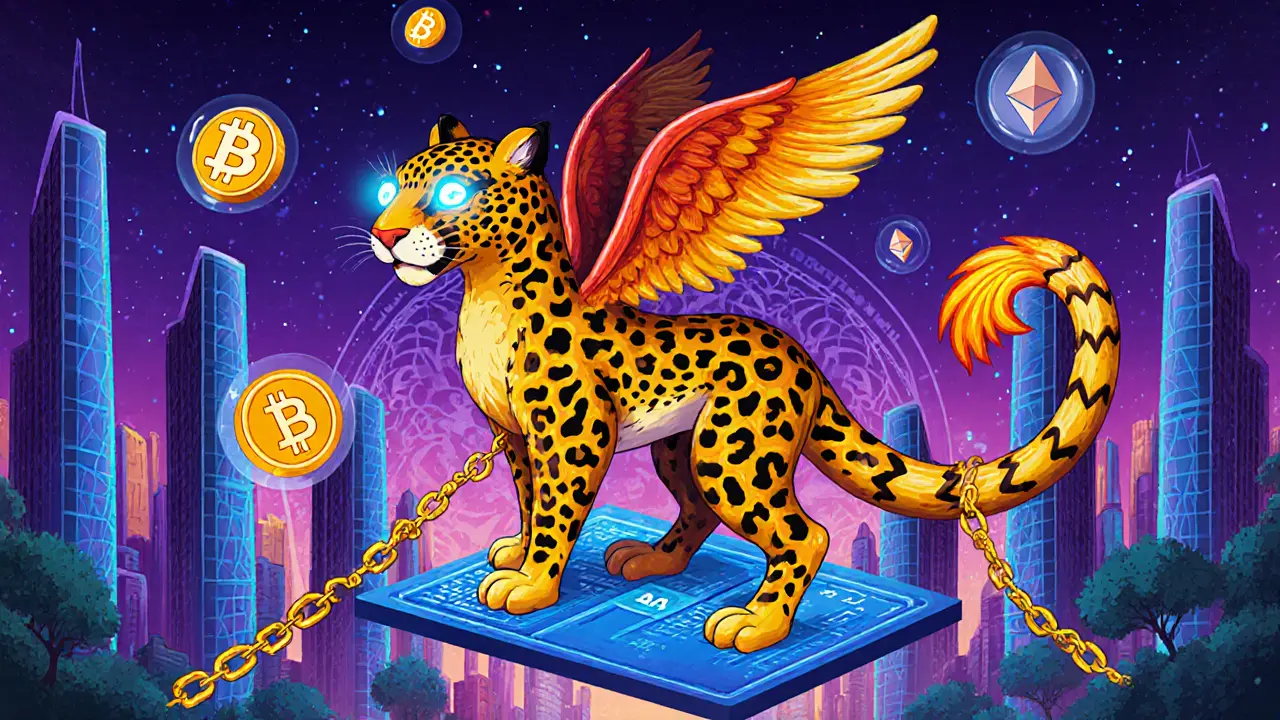
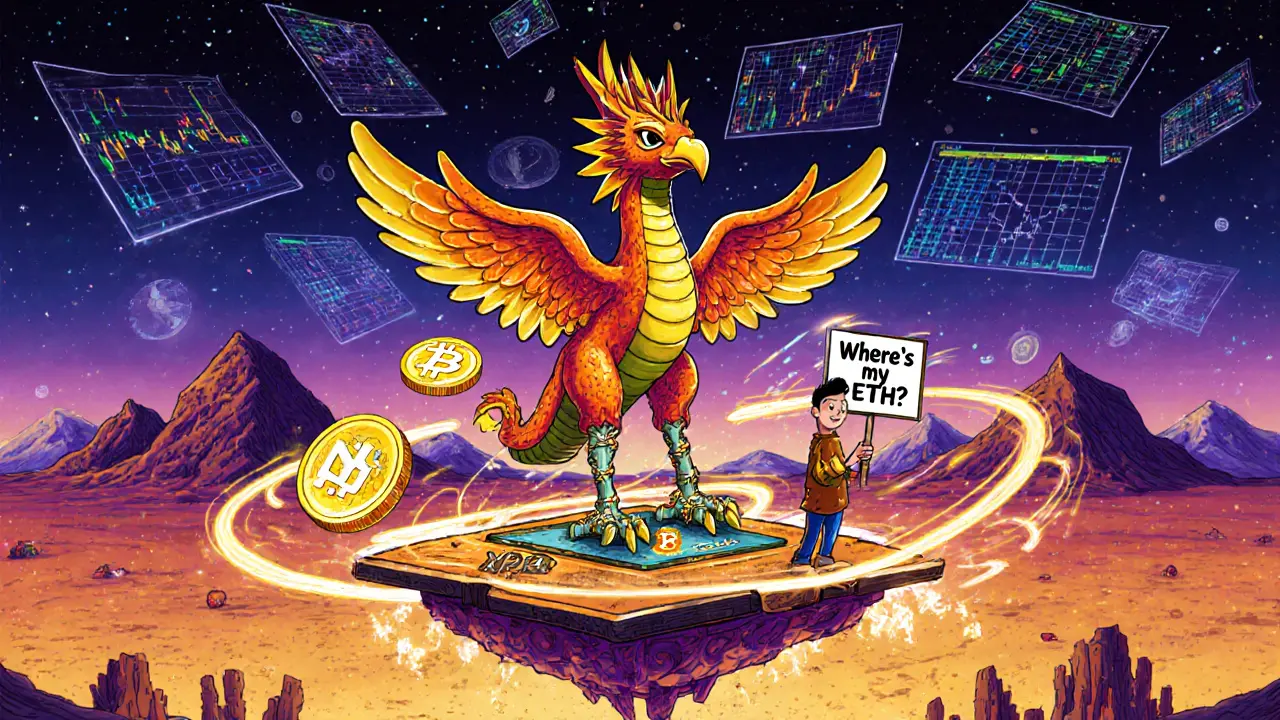
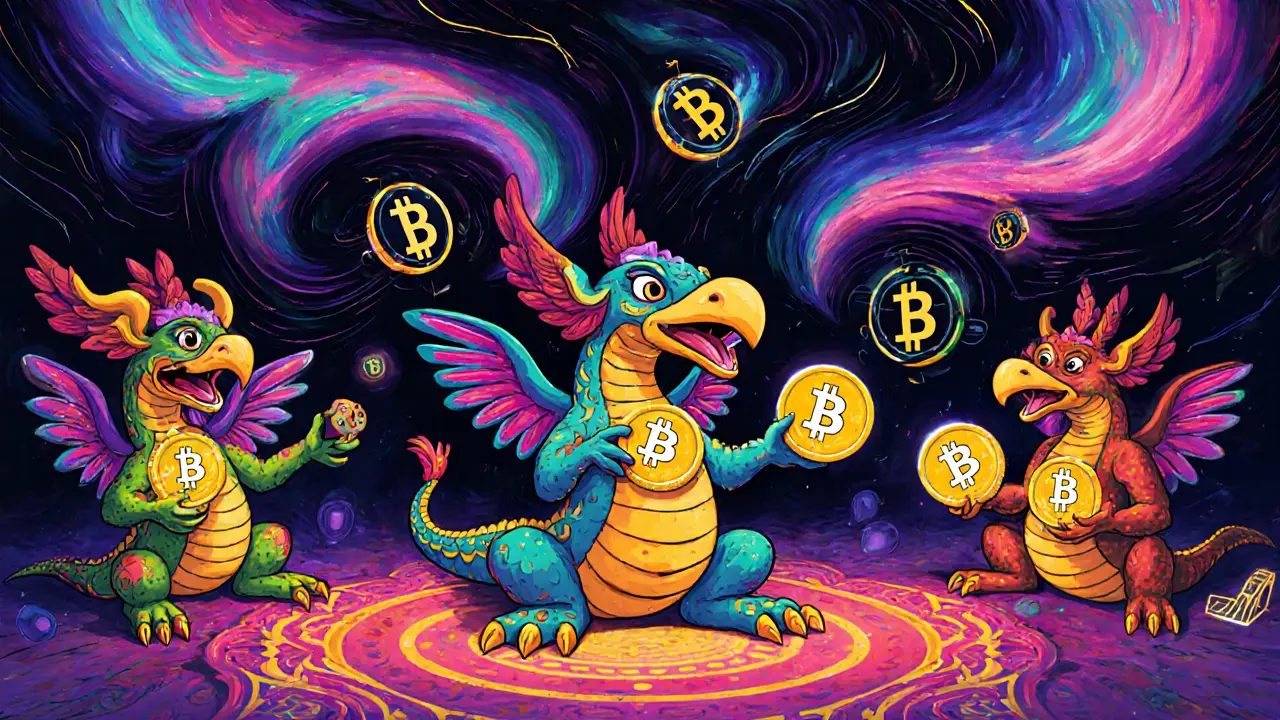

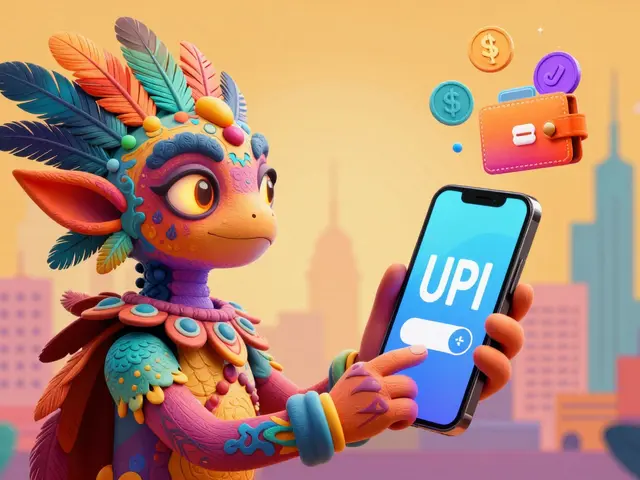
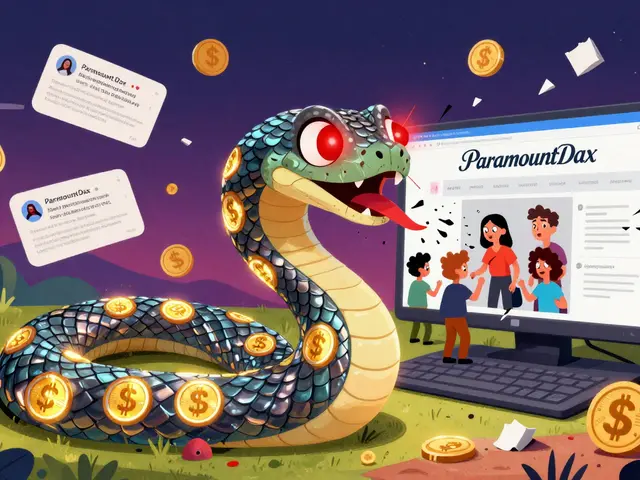

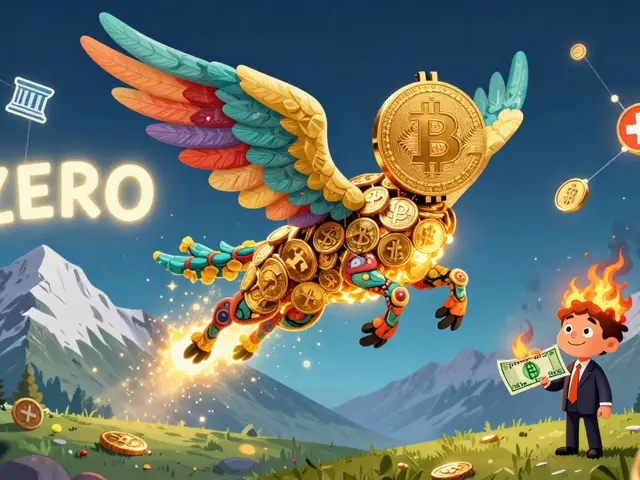
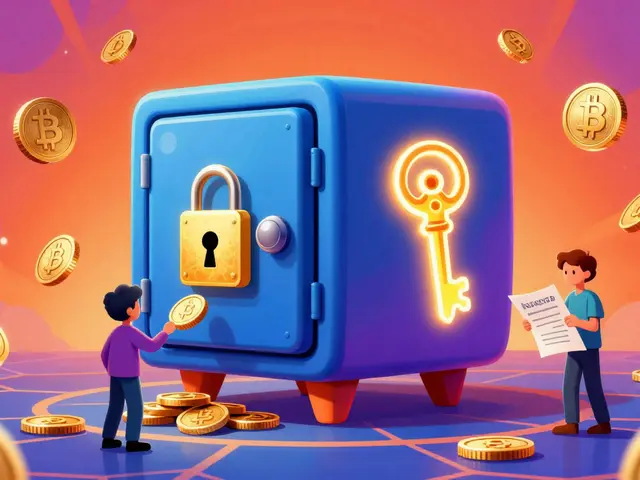
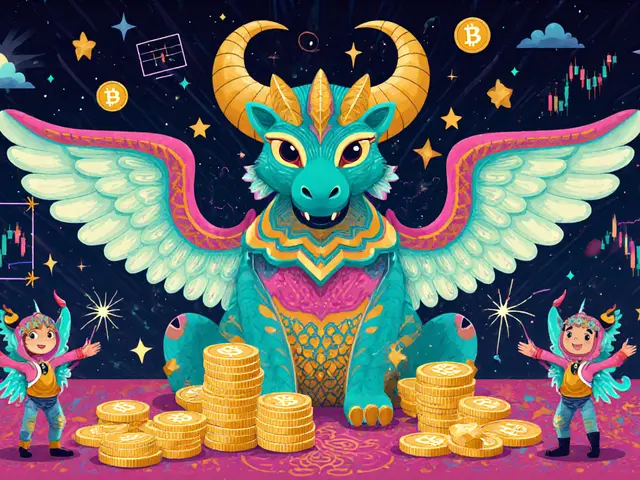
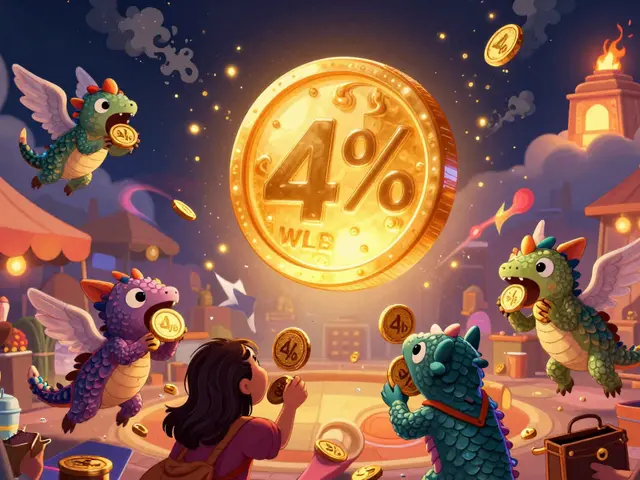

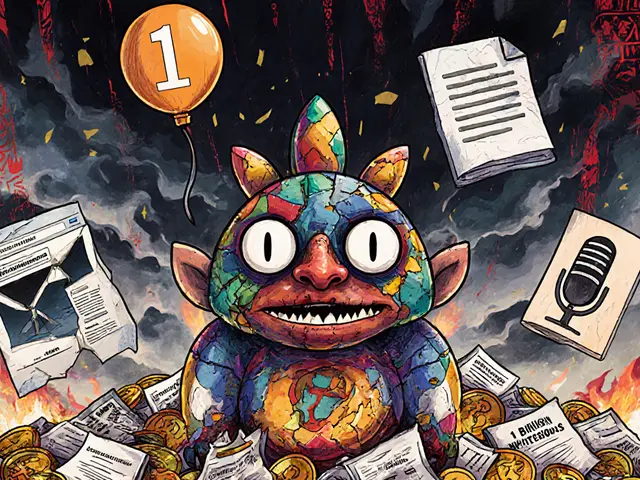
13 Comments
Look, I don't care if it's decentralized or not-if I can't buy crypto with my credit card, it's useless. DEXs are for people who already have money in crypto. If you're starting out, you need Coinbase. Period.
The idea that DEXs are 'for everyone' is laughable. Most people don't understand private keys, let alone slippage. This isn't empowerment-it's financial roulette with a side of gas fees.
Ohhhhh myyyyy GODDDDD!!! Did you see what happened to that poor soul who approved a malicious contract on PancakeSwap?? I swear, I saw the transaction on Etherscan-it was like watching a car crash in slow motion!!! $47,000 GONE!!! Just like that!!! And the worst part?? He didn’t even know he’d approved it!!! People need to wake up!!! This isn’t Web3-it’s Web3.0 of chaos!!!
The ontological shift from custodial to non-custodial finance represents a fundamental epistemological rupture in the neoliberal financial apparatus. DEXs aren't merely platforms-they're decentralized epistemic communities that reconfigure the phenomenology of ownership. The gas fee, far from being a transaction cost, is a performative assertion of network sovereignty. Yet, the pedagogical deficit among the mass adoption cohort renders this paradigm inaccessible-not because of technical barriers, but because of a profound lack of crypto-literacy as a cultural praxis.
So let me get this straight-you're telling me I have to learn what 'approve' means just to swap ETH for USDC?? And if I mess up, my life savings vanish forever?? No customer service?? No refunds?? No second chances?? And you call this progress?? This isn't freedom, this is financial Russian roulette with a side of blockchain hype
If you're new to DEXs, start with $20. Seriously. Use Uniswap or PancakeSwap. Watch the gas fee. Check the slippage. Don't rush. The first time you see your transaction confirm without losing everything, you'll feel it-that quiet pride of doing it yourself. That’s the real win. Not the gains. The confidence. You're not just trading crypto-you're learning to be your own bank. And that’s worth more than any token.
I’ve been using DEXs for two years now and honestly, I don’t know why everyone’s so scared. I use 1inch to compare prices, always set slippage to 1.5%, and never approve more than I need. I keep my seed phrase on paper in a safe. It’s not magic, it’s just habits. If you treat it like a tool-not a casino-you’ll be fine.
Uniswap v4?? Please. They're just adding more complexity to hide the fact that DEXs are still fundamentally broken. And don't even get me started on Layer 2s-they're just centralized proxies with fancy names. The real truth? DEXs are a Ponzi scheme disguised as decentralization. The only ones winning are the devs who sold their tokens at the top.
I remember when I first tried to swap tokens and accidentally sent them to a Solana address. I cried for an hour. Then I spent three weeks learning how to use Revoke.cash. Now I teach my friends. It’s not about being smart-it’s about being careful. And yes, it’s scary. But you get braver every time you do it right.
Mark my words-this is all a CIA operation. The SEC is letting DEXs grow so they can track every single transaction later. They want to know who owns what. They want to freeze your wallet. They want to ban crypto. They’re using your trust in decentralization to build the ultimate surveillance state. You think you’re free? You’re already owned.
Wow. A 1500-word essay on how to not get scammed. And the solution? ‘Start with $20.’ That’s it? That’s the big reveal? The future of finance is… a tutorial for people who still think ‘gas fee’ is a type of oil?
Everyone says DEXs are hard but they’re not. You just need to stop being lazy. I’ve done 300+ trades on BNB Chain with $5 gas fees. I don’t use aggregators. I don’t need them. You just need to learn. And if you can’t? Then don’t trade. Stop pretending crypto is for everyone. It’s not. It’s for the disciplined. The rest are just noise.
I used to think DEXs were too dangerous. Then I watched my sister lose $800 because she clicked a fake MetaMask popup. I helped her set up hardware wallet, taught her how to check contract addresses, and now she swaps weekly. It’s not about tech. It’s about community. We need more of this-not more hype.